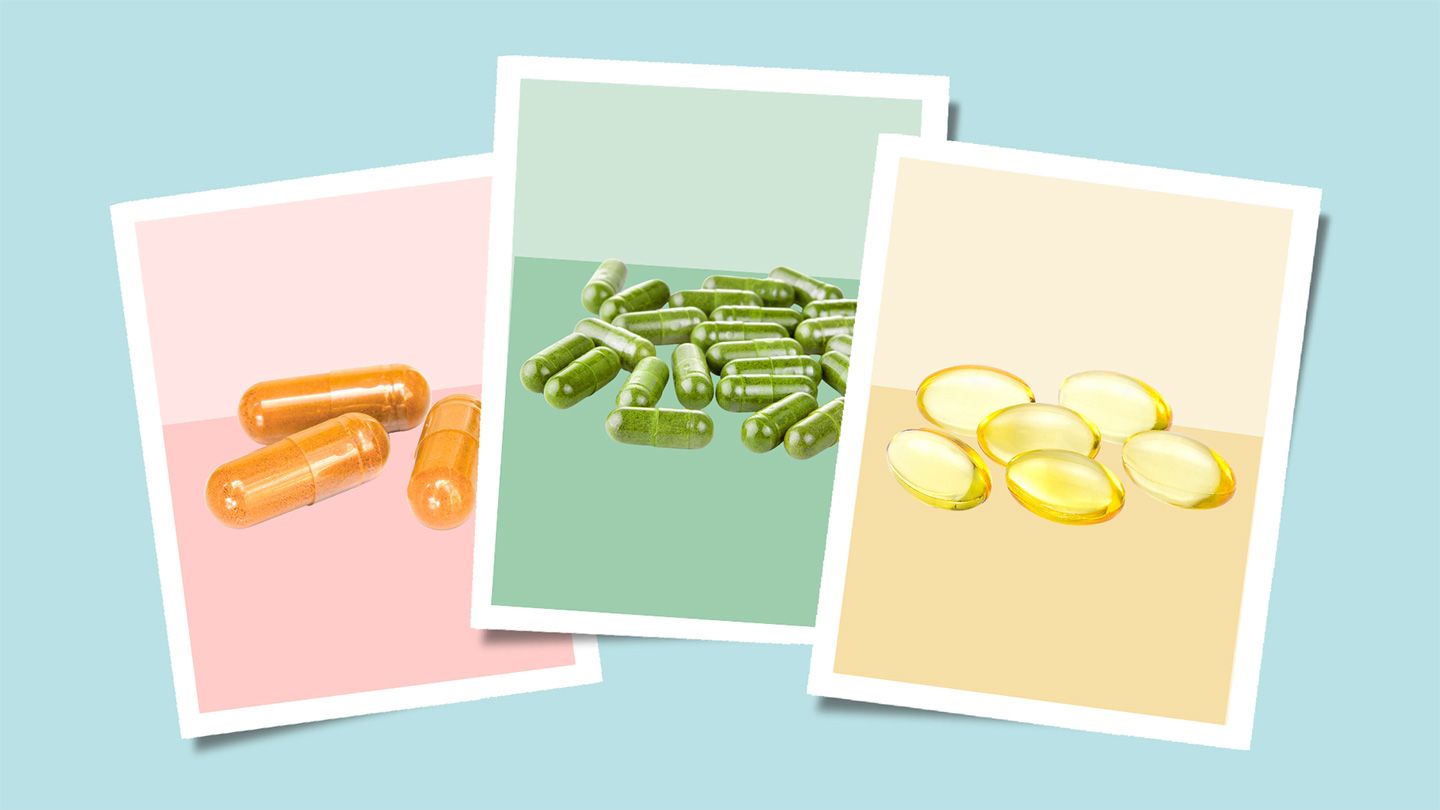Because of these factors, it’s important to talk with your cancer care team before adding any new supplements to your regimen. With that in mind, consider avoiding the following supplements during colon cancer treatment.
1. St. John’s Wort
But “St. John’s wort can reduce the effectiveness of colon cancer therapies like irinotecan (Camptosar), which rely on the CYP-450 enzyme system to metabolize (be broken down and processed),” says Lora Silver, RDN, a registered dietitian and certified specialist in oncology at Smilow Cancer Hospital. The CYP-450 system is a group of liver enzymes that process many medications. St. John’s wort can make these enzymes more active than usual, causing chemotherapy medications to be broken down too quickly.
2. Ginkgo Biloba
Many people receiving chemotherapy or radiation are prescribed prochlorperazine (Compazine) for nausea, a common side effect of cancer treatments. “Ginkgo biloba can interact with Compazine, increasing the risk of seizures when the two are combined,” says Janulewicz.
Bleeding can also be an issue when taking ginkgo biloba, says Jeanna Rich, RDN, a certified specialist in oncology nutrition at OSF Healthcare Cancer Institute. Ginkgo can thin the blood, which is problematic for people with colon cancer, since the disease itself can cause bleeding in the digestive tract. In addition, many cancer therapies lower platelet counts (the cells that help your blood clot), so minor bleeding can become difficult to control. And because surgery is often part of colon cancer care, the added bleeding risk can complicate both the procedure and recovery.
3. Turmeric (Curcumin)
But turmeric’s impact on cancer treatment isn’t fully clear. In a small study of 60 breast cancer patients taking paclitaxel (Taxol), adding 2 grams (g) of turmeric daily caused minor changes in how the chemotherapy was processed, but these changes weren’t considered medically significant. That said, this study looked at just one medication, so the effects could vary with other cancer treatments or from person to person. More research is needed to better understand how turmeric may affect how the body processes cancer drugs.
4. Folic Acid
A study of people with colorectal cancer found that those who took folic acid supplements during capecitabine treatment had an 81 percent increased risk of serious side effects. But the same study showed that natural folate from food sources, such as leafy greens, beans, and fortified cereals, didn’t increase the toxicity risk with capecitabine.
5. Antioxidants Like Vitamins A, C, and E
Antioxidant supplements, like vitamins A, C, and E, might seem like a good way to support your health during cancer treatment. Under normal circumstances, antioxidants help reduce oxidative stress, a process that can damage healthy cells.
But chemotherapy and radiation actually rely on damage caused by oxidative stress to destroy cancer cells, explains Rich. Taking high doses of antioxidants during cancer treatment can counteract this process, essentially protecting the very cancer cells that treatment is trying to eliminate, she says.
Dr. Eldredge recommends avoiding any supplements listed as antioxidants during cancer treatment. In addition to vitamins A, C, and E, common antioxidants people supplement include selenium, echinacea, coenzyme Q10, zinc, and ginseng.
6. Garlic
While popular for heart health and immune support, garlic supplements can thin the blood, increasing the risk of bleeding, and cause digestive upset, says Rich. This can create complications during cancer therapy if you’re already dealing with low platelets from treatment or if you’re preparing for or recovering from surgery.
Garlic also has antioxidant properties, which may interfere with how chemotherapy and radiation work. And like several other supplements mentioned, garlic can reduce the effectiveness of colon cancer treatments that rely on the CYP-450 enzyme system to metabolize.
7. Green Tea Extract
Green tea extract (the concentrated supplement form of green tea) contains high levels of compounds called polyphenols. Polyphenols are also found in other supplements like curcumin and grape-seed extract. Eldredge explains that supplements rich in polyphenols might create resistance to chemotherapy. More research is needed to fully understand how polyphenols might create chemoresistance.
Plus, green tea extract has strong antioxidant properties, which, as with other antioxidants, can reduce the ability of chemotherapy and radiation to kill cancer cells, says Rich.
The Takeaway
- If you’re receiving colon cancer treatment, avoid supplements like St. John’s wort, ginkgo biloba, turmeric, and garlic, which can interfere with the effectiveness of chemotherapy medications.
- Be careful with antioxidant supplements such as vitamins A, C, and E, and green tea extract, as high doses may protect cancer cells and reduce the effectiveness of chemotherapy and radiation.
- Folic acid supplements have been linked to severe side effects if you’re taking capecitabine (Xeloda), though eating folate-rich foods like leafy greens doesn’t pose the same risk.
- Always talk with your cancer care team before adding or stopping any supplement while receiving colon cancer treatment.
Read the full article here




